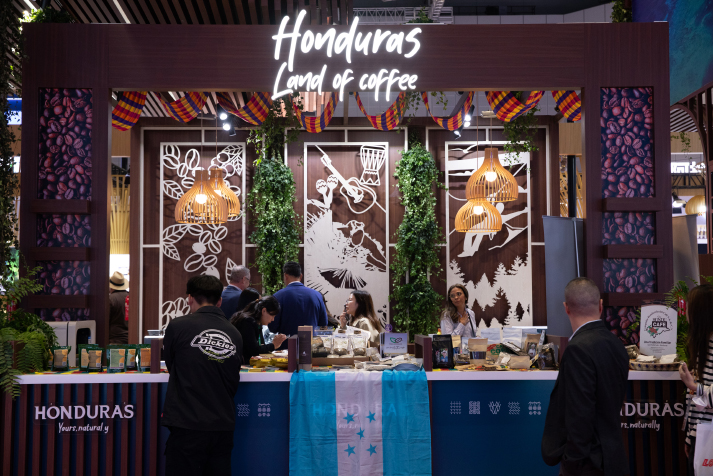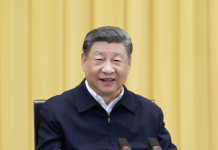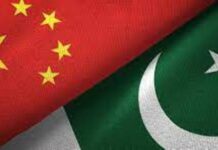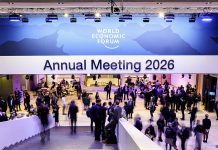The Sixth China International Import Expo (CIIE) took place in Shanghai from November 5 to 10.
Launched in 2018, the annual event was born out of an idea developed by Chinese President Xi Jinping to connect global manufacturers, brands and producers with Chinese companies looking to buy their products, promote dialogue on trade, and address concerns about China’s global trade surpluses and questions about market access for foreign companies.
The CIIE is unique in that it is the world’s first import-focused expo, while most trade expos in China, and around the world, focus on the host country’s manufacturing and export sectors.
One goal of the CIIE is to ensure that Chinese businesses can connect with the leaders of global companies in a wide range of industries, see the best-manufactured goods the world has to offer and make purchase agreements with suppliers.
Another goal is to forge relationships between Chinese leaders, government ministries, international trade organizations and global industry leaders.
China, during the early and middle years of the country’s opening-up period, which officially began in 1978, built its new economy by working to become the largest manufacturing and export country in the world.
One early event that helped China reach that goal was the Canton Fair, held twice a year in Guangzhou, capital of Guangdong Province in south China.
Hundreds of thousands of global buyers would (and still do) descend on the Pearl River Delta capital of industry to meet thousands of Chinese manufacturers, exporters and agents. Buyers could find partners who manufactured and sold almost every imaginable consumer and industrial product.
I was a regular attendee between 2003 and 2010 and I can only liken it to what the great trade cities and markets of the ancient world must have looked and felt like. People from every corner of the world rubbed shoulders in the pursuit of products, both mundane and exotic, to bring back to their home countries.
In a sense, the CIIE is an answer to the Canton Fair, a place where the world visits China to sell its wares.
Highlights
Xi sent a letter to the Sixth CIIE, reiterating China’s firm determination to advance high-standard opening up and facilitate the building of an open world economy.
The importance of this year’s event can be deduced by several facts.
Most notably, Chinese Premier Li Qiang delivered the opening keynote speech on November 5, the first time since 2019 that a major Chinese leader spoke in person at the event. In his speech, he reiterated China’s commitment to pushing forward and opening up with greater innovation momentum.
“China is willing to step up cooperation with all countries in innovation, facilitate the deep integration of science and technology with the economy, promote the sharing of innovation results, and strive to remove barriers that hamper the flow of knowledge, technology, talent and other factors of innovation,” Li said.
The premier also vowed that China will continue to ease market access and implement policies to remove all restrictions on foreign investment’s access in the manufacturing sector and that China will protect foreign investors’ rights and interests per the law and continue to provide a business environment that is market-oriented, law-based and up to international standards.
Another highlight of this year’s CIIE was the agricultural delegation from the United States.
Sponsored by the U.S. Department of Agriculture (USDA) and the American Chamber of Commerce, the group was led by Jason Hafemeister, deputy undersecretary for the USDA’s trade and foreign agricultural affairs, and Wade Sheppard, the department’s senior advisor for North Asia. This was an important first given usually only trade organizations and local officials attend the expo.
The U.S. and China, as with so many other important elements of trade and global leadership, are tied together and need each other to prosper. Partnering on food and agricultural needs and concerns is no different.
The delegation and the ensuing exchanges proved to be positive steps in bilateral relations and further exemplified the platform for the exchange of ideas and goods that the CIIE has become.
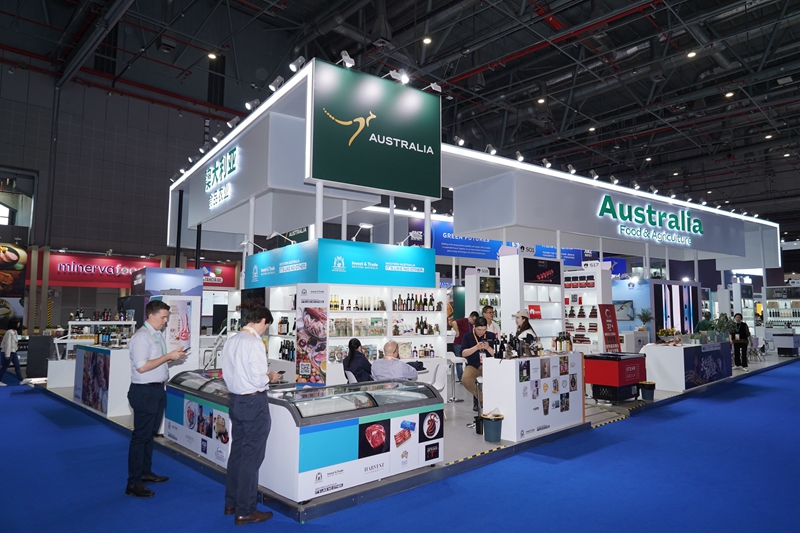
The booth of Australia’s KB Seafood Co. at the Sixth China International Import Expo (CIIE) in Shanghai on November 8 (YIN KANG)
Further opening up
The world is almost unrecognizable from the one that existed when China began its reform and opening-up era some four decades ago. Technologically, economically and politically, the world has changed, grown and advanced.
The original opening-up era marked the beginning of China’s re-establishment as a major global power. Change, experimentation, hard work, pragmatism and manufacturing might be the hallmarks of the era.
Perhaps this year’s expo marked the beginning of the “Opening Up 2.0.” China’s chance to be a leader and full participant in an ever-more globalized economy, a world completely wired together by technology and one in which all countries face common challenges, needs and desires.
With the CIIE blending the worlds of commerce, technology, political dialogue and global industry, this year’s expo was a great opportunity to pivot to a new kind of opening up.
Increased two-way trade, dialogue and relationship-building will benefit the vendors, the buyers and the leaders in attendance but ultimately will benefit the people and economies of both China and the world at large.
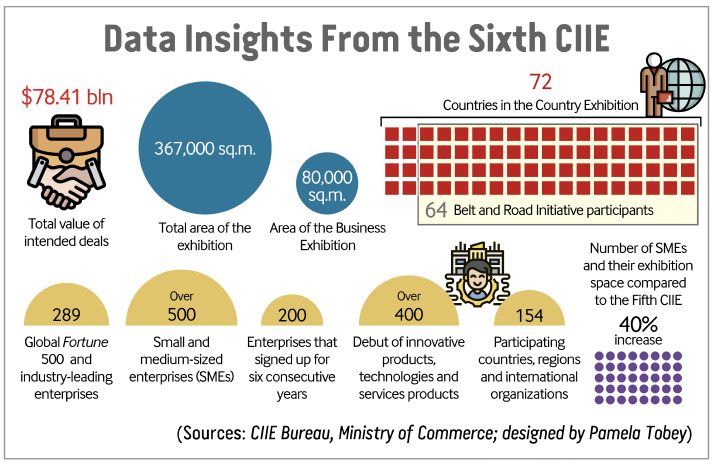

Deal flow
Over the past year, global chambers of commerce, companies, and governments have been keeping a close eye on China’s economy and business climate. Some are concerned about China’s continued role in ensuring a rising global economy, China’s openness to foreign business and investment, and the creation of an ever more equitable balance of trade.
Chinese purchases of foreign industrial, consumer, and natural resource products are critical to the real and perceived success of the expo.
Large-scale commitments by Chinese companies to purchase products from the major companies participating in the expo, and to follow through on those commitments, will go a long way toward alleviating the above concerns.
An early sign of positive momentum toward those ends came on the first day when it was announced that China Energy had signed contracts with 44 companies from 20 countries and regions, including Mongolia, Switzerland, Indonesia and Germany. The contracts cover the import of high-quality coal, high-end equipment and components, and advanced technical services, with the total amount said to be $2.64 billion.
Premier Li said in his keynote speech that “over the next five years, China’s imports in goods and services are expected to reach $17 trillion in cumulative terms,” further noting that China will continue to promote the greater opening up of market opportunities.
While not possible to address this year, foreign chambers of commerce have cited the high cost and logistical difficulties of attending the CIIE, making it difficult for smaller companies to participate.
There’s no doubt about the importance of the largest global companies attending.
But finding ways to make it easier for smaller players to participate could help build deal flow for next year. –The Daily Mail-Beijing Review news exchange item

